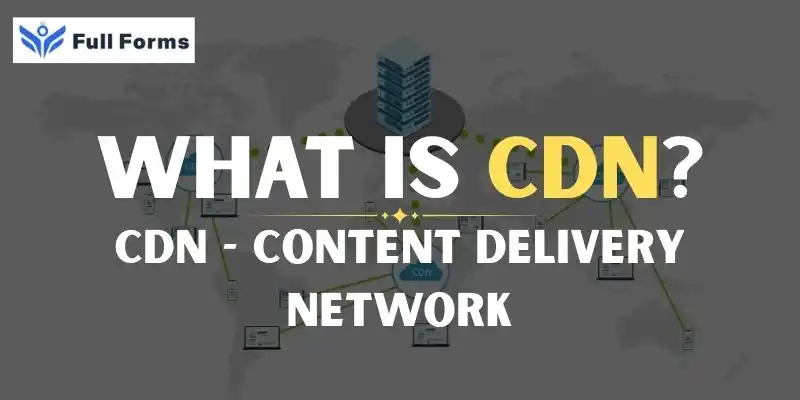Content Delivery Network
(CDN)

Description
A Simple Guide to Content Delivery Networks (CDNs)
In today’s digital world, we expect websites and online videos to load almost instantly, no matter where we are. Have you ever wondered how a website can open so quickly, even if it’s hosted on the other side of the world? The answer is often a technology called a Content Delivery Network, or CDN. In this article, we’ll explain what a CDN is, how it works, and why it’s so important for the internet.
What is a Content Delivery Network (CDN)?
A Content Delivery Network, or CDN, is a group of servers located in different places around the world. The main job of a CDN is to deliver website content—like images, videos, scripts, and web pages—to users as quickly as possible. Instead of relying on a single server, a CDN lets you use many servers to send content to people based on where they are.
Think of a CDN like a network of local libraries. Rather than having everyone borrow a book from just one library (which could be far away and crowded), there are copies in libraries all over the city. People can get their books faster and easier from the nearest location. In the same way, a CDN stores copies of website content on servers close to users, so everything loads faster.
How Does a CDN Work?
Here’s a simple example to show how a CDN operates:
- Copying Content: When a website owner uses a CDN, their website’s files (like images, videos, and code) are copied and stored on many servers in different locations, known as “edge servers.”
- Request Comes In: When you visit a website, your request doesn’t always go all the way to the original server. Instead, it’s sent to the nearest edge server in the CDN.
- Faster Delivery: The edge server sends the content back to you much faster because it’s closer to your physical location.
- Updates: When the website changes, the CDN updates its copies so everyone gets the latest version.
Why Are CDNs Important?
CDNs solve several problems that websites face, especially as the internet grows and people expect things to work quickly. Here’s why they matter:
- Speed: The biggest benefit is faster loading times. When content comes from a nearby server, it gets to you faster, making websites feel much more responsive.
- Reliability: If one server goes down or gets too busy, the CDN can use another server to keep things running smoothly.
- Scalability: During busy times—like Black Friday sales or big online events—a CDN can handle lots of visitors without crashing.
- Security: CDNs can protect websites from some types of cyber attacks, like DDoS attacks, by spreading out traffic and blocking suspicious activity.
- Better Experience: Faster, more reliable websites mean happier visitors who are more likely to stay and come back.
Who Uses CDNs?
Almost every big website and online service uses a CDN. This includes:
- Streaming services like Netflix and YouTube, to deliver videos quickly to viewers worldwide.
- E-commerce websites like Amazon or online shops, to ensure images and product pages load fast.
- News sites and blogs that get lots of visitors at once.
- Social media platforms like Facebook and Instagram.
- Small business websites that want to offer a professional, fast experience to customers.
Even many smaller sites use CDNs today because they are affordable and easy to set up.
CDN in Everyday Life
You experience the benefits of a CDN almost every day, often without realizing it. For example, when you watch a YouTube video, the video is streamed from a server close to you, not from YouTube’s main headquarters. This is why videos rarely buffer and images on websites load quickly.
Popular CDN Providers
There are many companies that provide CDN services. Some of the most popular ones include:
- Cloudflare
- Akamai
- Amazon CloudFront
- Fastly
- Microsoft Azure CDN
These providers have thousands of servers worldwide and help websites deliver content quickly and safely.
Are There Any Downsides?
While CDNs offer many benefits, there are a few things to keep in mind:
- Cost: Some CDN services can be expensive, especially for very large websites.
- Complexity: Setting up a CDN may require some technical knowledge, though many providers make it as simple as possible.
- Content Updates: It’s important to make sure the CDN updates its stored content regularly, so users always see the latest information.
Conclusion
A Content Delivery Network (CDN) is like a global team of helpers, working together to deliver website content as quickly as possible. By using servers close to users, a CDN makes sure websites load fast, stay reliable, and are ready for anything. Whether you’re watching a video, shopping online, or reading the news, CDNs help make your online experience better every day. As the internet continues to grow, CDNs will remain a key part of how we all connect online.
